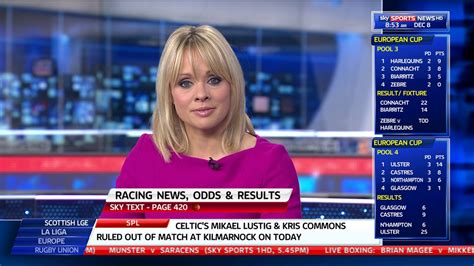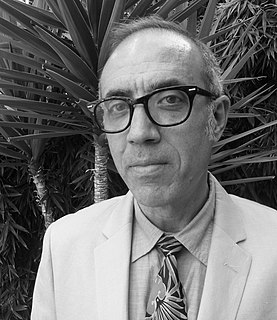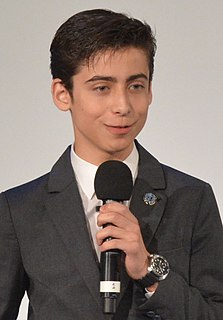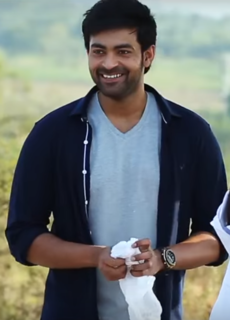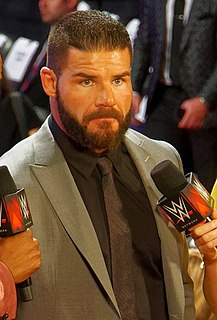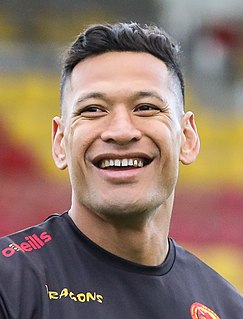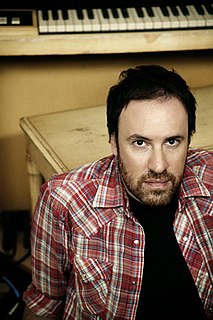A Quote by Debra Granik
My first narrative films developed out of a documentary process - finding someone who was willing to be filmed, watching, listening, taking copious notes and many hours of video footage.
Related Quotes
The nice thing about a documentary, I think, is that so much of it is editing, too. You sort of get to keep making decisions. It's not as much like when you do a narrative, fictional piece, and you have a certain number of shooting days, and you're like, "Well, that's what it is." You can continue to seek out more photographs or try to find more footage. The genre gives you the ability to keep working on it, which is great for a first-time director.
I'm obsessed with this idea of storytellers and people who have a narrative, and sometimes sustain a relationship because they're telling a narrative and someone is listening to that. Often the nature of the relationship is determined by how well they tell the story, or someone else's ability to suspend disbelief, or infuse into their narrative something which they may not even be aware of.


